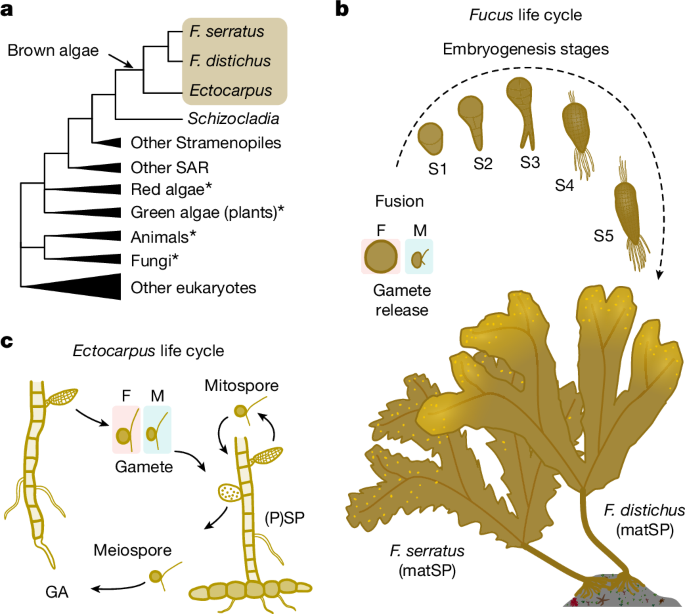2024-10-22 カナダ・コンコルディア大学
<関連情報>
- https://www.concordia.ca/news/stories/2024/10/22/bilingualism-may-maintain-protection-against-alzheimers-new-concordia-study-finds.html
- https://www.cambridge.org/core/journals/bilingualism-language-and-cognition/article/bilinguals-show-evidence-of-brain-maintenance-in-alzheimers-disease/361106CAD89B93CCAC8463CC90C3CCE0
バイリンガル、アルツハイマー病における脳の維持の証拠を示す Bilinguals show evidence of brain maintenance in Alzheimer’s disease
Kristina Coulter,Natalie A. Phillips and the CIMA-Q and COMPASS-ND groups
Bilingualism: Language and Cognition Published:13 September 2024
DOI:https://doi.org/10.1017/S1366728924000221

Abstract
We examined brain and cognitive reserve related to bilingualism in older adults with, or at-risk for, Alzheimer’s disease (AD) from the Canadian Consortium on Neurodegeneration in Aging and the Quebec Consortium for the Early Identification of Alzheimer’s Disease. We used surface-based morphometry methods to measure cortical thickness and volume of language-related and AD-related brain regions. We did not observe evidence of brain reserve in language-related regions. However, reduced hippocampal volume was observed for monolingual, but not bilingual, older adults with AD. Thus, bilingualism is hypothesized to contribute to reserve in the form of brain maintenance in the context of AD.


